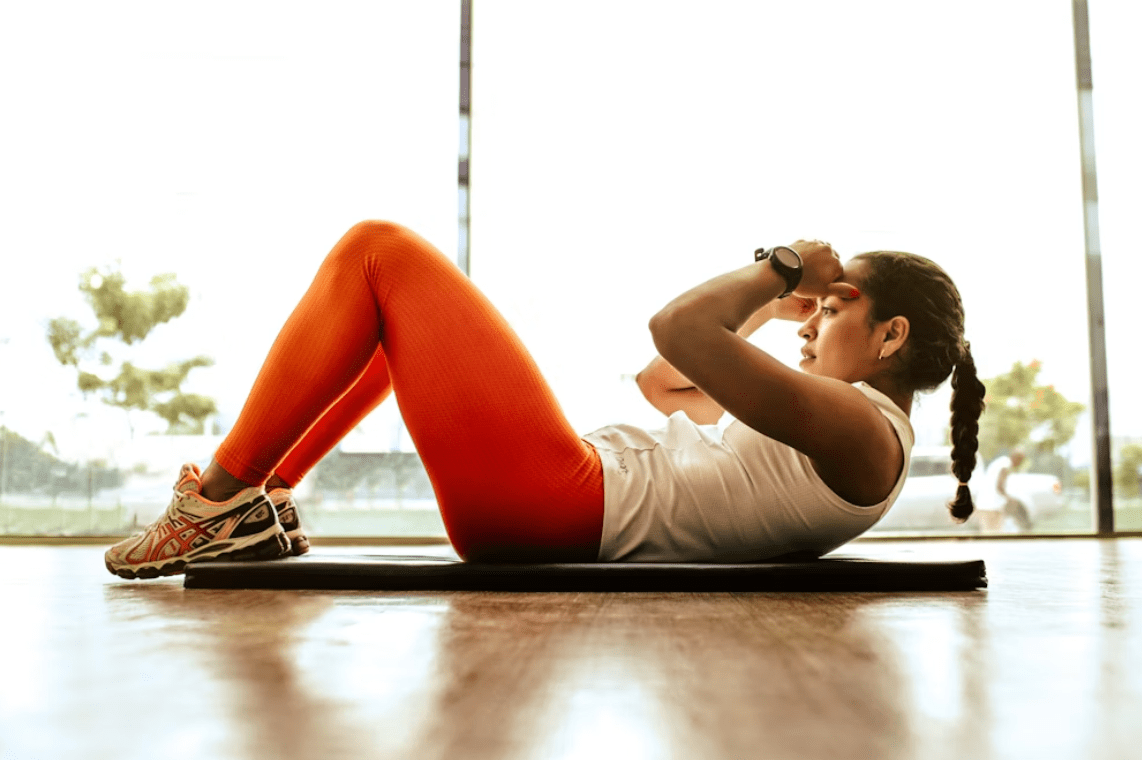Athletic tape is popular with athletes and people who work out. It can help prevent injuries and make you feel better when you exercise. But let's be honest – you probably don't need it for chess, bowling, or competitive video gaming! Sports tape is not safe for everyone to use, and sometimes it's just not necessary. Here's who should be careful or not use it at all.
People with Skin Problems
Some people have skin that gets irritated easily. If you have sensitive skin or are allergic to sticky things like bandages, athletic tape might hurt your skin. It can make your skin red, itchy, or even cause painful bumps that look worse than a bad sunburn from falling asleep at the beach! If you've ever had a bad reaction to tape or bandages before, ask a doctor before using athletic tape. Visit the American Academy of Dermatology to learn more about skin reactions from athletic tape.
Sports Where Athletic Tape is Just Overkill
Before we talk about who shouldn't use athletic tape, let's laugh about some sports where it's totally unnecessary. You don't need athletic tape for:
- Darts - The only thing you might hurt is your pride (and maybe the wall behind the dartboard)
- Billiards/Pool - Your biggest injury risk is chalk on your fingers
- Bowling - Those rental shoes are the real danger here
- Archery - You've got arm guards for a reason, and athletic tape won't help your aim
- Chess - Unless you're playing speed chess so fast your fingers cramp up
Now, let's get serious about athletic tape safety!
People with Blood Flow Problems
Your blood needs to flow freely through your body, kind of like water through a garden hose. Some people have problems with their blood flow, like people with diabetes or heart disease. Athletic tape can squeeze too tight and stop blood from moving properly – imagine someone stepping on that garden hose! This can be very dangerous. If you have any problems with your blood or circulation, talk to a doctor before using athletic tape. Learn more at the American Heart Association.
People with Cuts or Infections
Never put athletic tape on cuts, scrapes, or infected skin. Athletic tape can trap germs and make infections worse – like putting a lid on a pot of soup that's already gone bad. Gross! It can also stop cuts from healing properly. Wait until your skin is completely healed before using athletic tape.
People Taking Special Medicine
Some medicines make your skin more fragile than tissue paper in the rain. If you take medicine to thin your blood, your skin might tear easily when you remove athletic tape. People with diseases that affect their skin should be extra careful with athletic tape. Always ask your doctor if it's okay to use athletic tape if you take any medicine.
Pregnant Women
Women who are having a baby need to be careful with athletic tape. It's usually okay to use, but don't put athletic tape on your belly or lower back without asking a doctor first. Athletic tape might be too tight and uncomfortable. Check with your doctor before using any athletic tape. Visit the American College of Obstetricians and Gynecologists for pregnancy tips.
Young Kids and Older Adults
Very young children have delicate skin that can get hurt easily from athletic tape. Older adults also have thin skin that can tear when athletic tape is removed. Both kids and elderly people might not be able to tell you if the athletic tape is too tight or hurts.
When to Ask for Help
If you have ongoing pain, old injuries, or other health problems, don't try to use athletic tape by yourself. Talk to a physical therapist, athletic trainer, or sports doctor first. They can show you the right way to use athletic tape safely. Find help at the National Athletic Trainers' Association or the American Physical Therapy Association.
Remember This
Athletic tape can be helpful, but it's not magic. Athletic tape won't cure injuries, make you run faster, or help you win at ping pong (sorry!). It won't make serious problems go away. The most important thing is to use athletic tape safely. If you're not sure if athletic tape is right for you, ask a doctor or other health professional first. For more sports health information, visit the American College of Sports Medicine.
Always remember: when in doubt, ask for help from someone who knows about sports medicine. And if you're just playing checkers, maybe save your money and skip the athletic tape!






